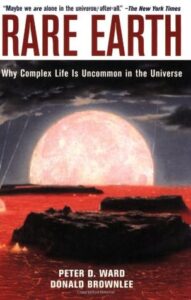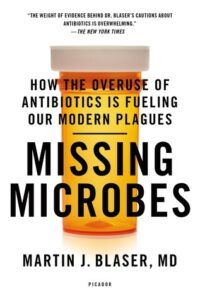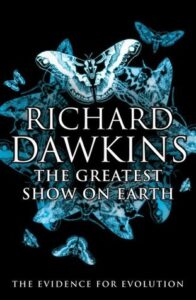 Rare Earth: Why Complex Life is Uncommon in the Universe, Peter D. Ward, Donald Brownlee
Rare Earth: Why Complex Life is Uncommon in the Universe, Peter D. Ward, Donald Brownlee
Having read David Waltham’s Lucky Planet, there isn’t much in this older book which is new to me, even though he recommended it for further reading. It’s less up to date, of course, but that’s because it’s older — and at least it does acknowledge stuff like the Viking lander biological experiments, which Waltham did not. If you’re interested in the evidence that’s out there for the fact that our planet might be rare indeed in producing complex life, I’d recommend Rare Earth over Lucky Planet. The science is solid and thorough, and well explained.
My problem with all books like this is always going to be: we have a sample size of one. How can we extrapolate anything? Sure, we know that intelligent life like ourselves can’t exist in a solar system that doesn’t have the right kind of habitable zone. And yeah, we think carbon is the best possible atom to base biochemistry on. But we only think or know these things because that’s what we need, that’s what we can use, under the conditions in which we find ourselves observing. (In other words, it’s the weak anthropic principle.) None of the data presented convinces me that we can do more than guessing in the dark on this subject.
That’s not a reason not to be curious, of course, but it’s also not a reason to give up looking. Obviously, we won’t find anything if we don’t look. It doesn’t make Rare Earth less worth reading, but it does mean that I think readers should stay aware that Ward and Brownlee have made up their minds, and are presenting only the evidence supporting their case. I honestly don’t find either side convincing, though you, of course, may differ.


